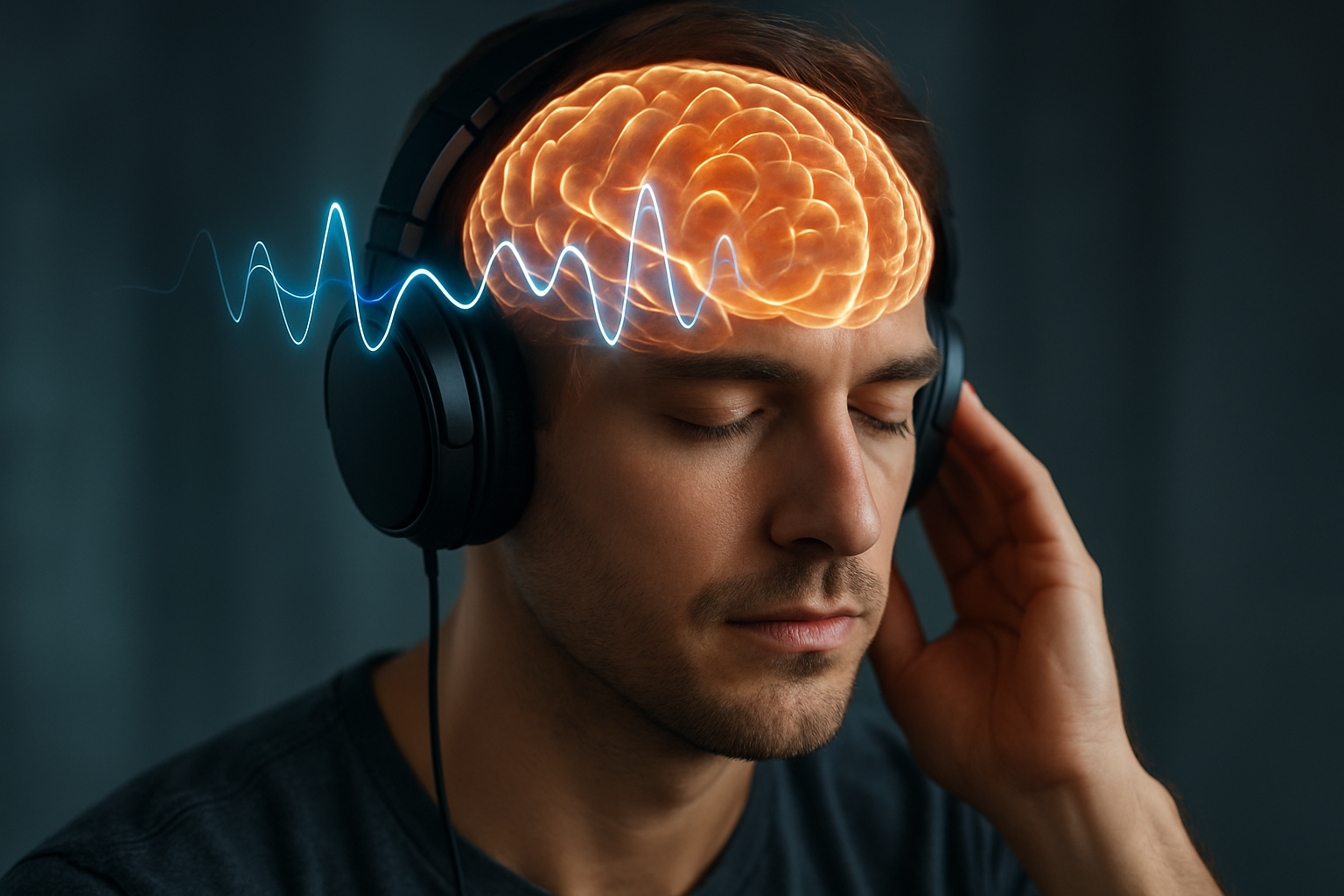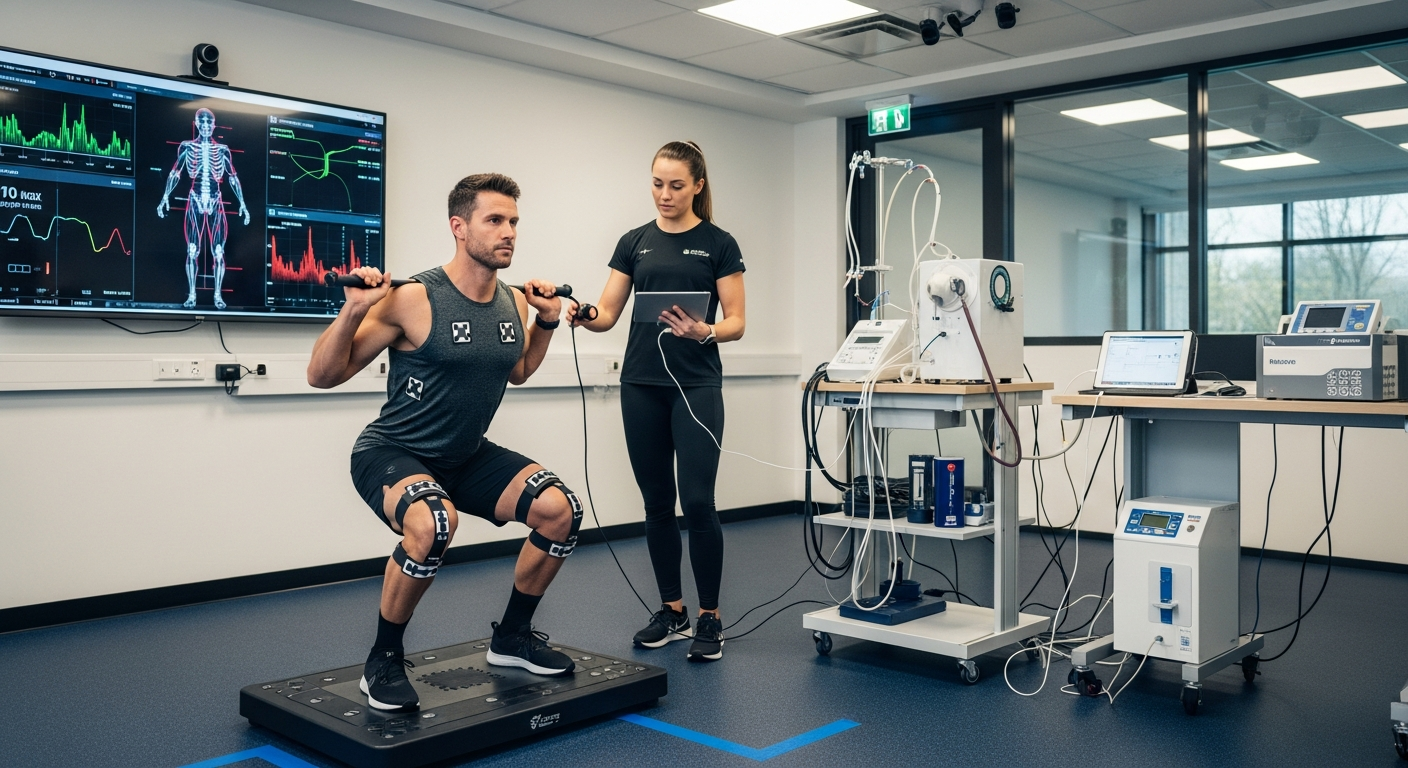Binaural Beats: Tuning Your Brain for Wellness
Can sound waves really alter your mental state? Imagine slipping on headphones and experiencing reduced anxiety, improved focus, or deeper sleep - all through precisely calibrated audio tones. This isn't science fiction; it's the intriguing world of binaural beats, a frontier in auditory neuroscience that's gaining traction in wellness circles.

This phenomenon was first discovered in 1839 by Heinrich Wilhelm Dove, a Prussian meteorologist and physicist. However, it wasn’t until the late 20th century that researchers began exploring its potential effects on brain activity and consciousness.
Brainwave Entrainment: Syncing with Sound
The core principle behind binaural beats is brainwave entrainment. This concept suggests that the brain’s electrical activity can synchronize with external stimuli, particularly rhythmic sounds. Different brainwave frequencies are associated with various mental states:
-
Delta waves (0.5-4 Hz): Deep sleep, healing
-
Theta waves (4-8 Hz): Meditation, creativity
-
Alpha waves (8-13 Hz): Relaxation, light meditation
-
Beta waves (13-30 Hz): Alert, focused
-
Gamma waves (30-100 Hz): Higher cognitive processing
Proponents of binaural beats claim that by listening to specific frequencies, one can induce desired mental states, potentially improving various aspects of cognitive and emotional well-being.
Potential Benefits and Applications
Research into binaural beats is still in its early stages, but several studies have shown promising results:
Stress Reduction and Anxiety Management
A 2019 study published in the journal PLOS One found that binaural beat therapy significantly reduced pre-operative anxiety in patients undergoing day surgery. Participants who listened to binaural beats before their procedures reported lower anxiety levels compared to those who didn’t.
Enhanced Focus and Cognitive Performance
Some research suggests that binaural beats in the beta frequency range may improve attention and task performance. A 2017 study in the journal Psychological Research found that participants exposed to beta-frequency binaural beats showed improved vigilance and reduced mind-wandering during a sustained attention task.
Sleep Quality Improvement
Delta and theta frequency binaural beats have been explored for their potential to improve sleep quality. A small study published in Alternative Therapies in Health and Medicine in 2019 found that participants who listened to delta-wave binaural beats before bed reported improved sleep quality and reduced fatigue.
Meditation and Mindfulness Enhancement
Binaural beats in the theta frequency range are often used to facilitate meditation and mindfulness practices. While more research is needed, some practitioners report that these sounds help them achieve deeper meditative states more quickly.
Considerations and Limitations
While the potential of binaural beats is exciting, it’s important to approach the technology with a balanced perspective:
Individual Variability
Not everyone responds to binaural beats in the same way. Factors such as personal brain chemistry, hearing ability, and even mood can influence their effectiveness.
Quality of Research
While some studies show promising results, much of the research on binaural beats is still preliminary. Larger, more rigorous studies are needed to fully understand their effects and potential applications.
Placebo Effect
The expectation of a benefit from binaural beats could contribute to perceived positive outcomes. Controlled studies are crucial to distinguish between placebo effects and genuine neurological changes.
Safety and Side Effects
Generally, binaural beats are considered safe for most people. However, individuals with epilepsy or other seizure disorders should consult a healthcare professional before use, as rhythmic sounds can potentially trigger seizures in sensitive individuals.
Exploring Binaural Beats: Tips for Beginners
-
Start with short sessions (15-30 minutes) to gauge your response
-
Use high-quality headphones for the best effect
-
Experiment with different frequencies to find what works best for you
-
Combine binaural beats with other relaxation techniques for enhanced results
-
Be consistent - regular use may lead to more noticeable effects over time
As we continue to unravel the complexities of the human brain, technologies like binaural beats offer intriguing possibilities for non-invasive cognitive enhancement. While not a magic bullet, this auditory technique represents an exciting intersection of neuroscience and wellness practices. As research progresses, we may discover even more ways to harmonize our brains with the power of sound, potentially unlocking new pathways to mental clarity, emotional balance, and overall well-being.






